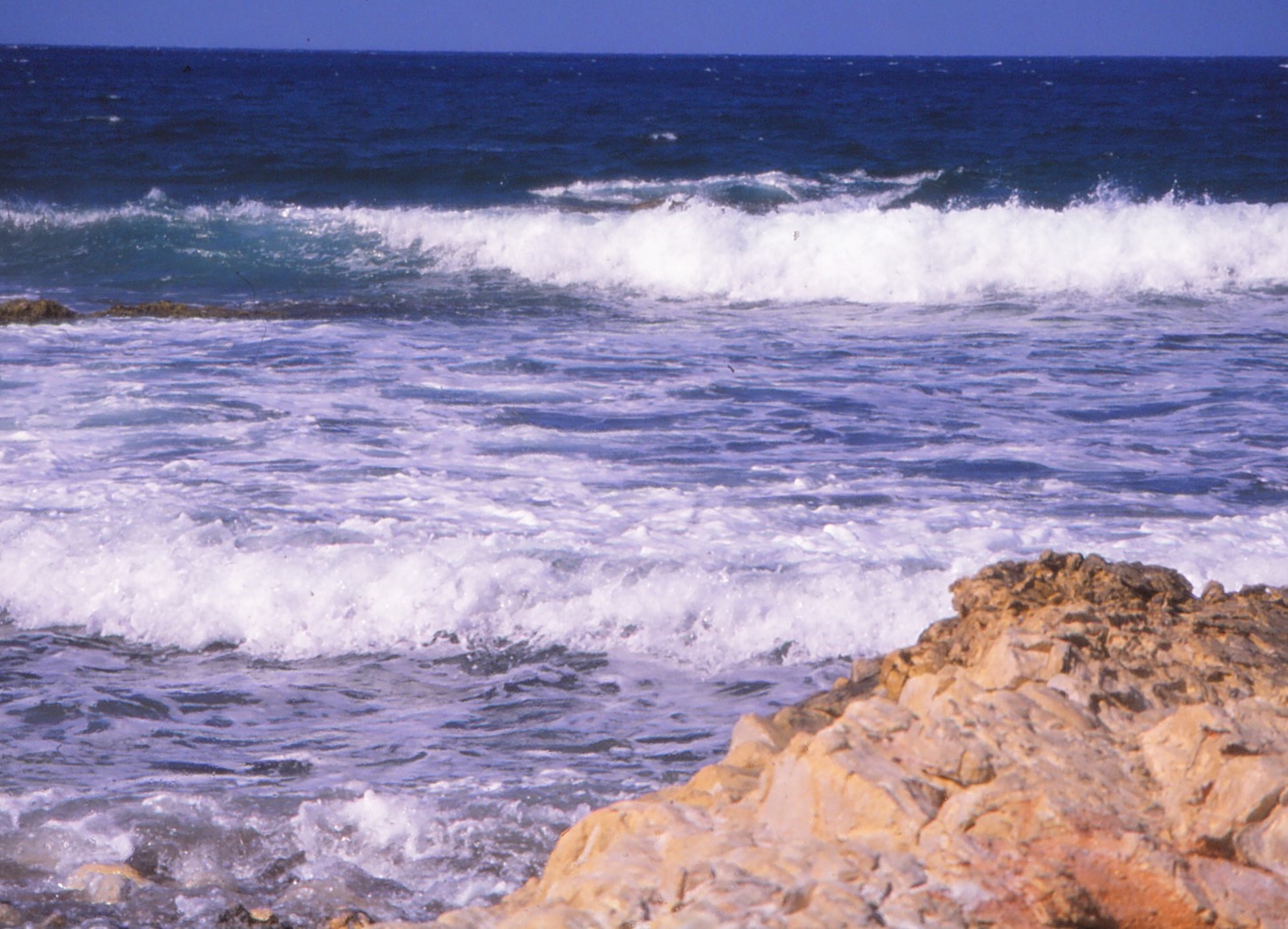Heat and Carbon Dioxide Absorption of the Seas; How Long Can it Help Us?Sunnuntai 6.10.2019 klo 17.53 - Mikko Nikinmaa Reading the IPCC Special Report on “The Ocean and Cryosphere in a Changing Climate”, a couple of things, which can have important effects, have got very little attention in the news. The news have mainly concentrated on melting ice and sea level rise, but the role of oceans hitherto taking up most of the carbon dioxide and heat can become a significant problem in the future, if it starts to reach the limit. First, the oceans have absorbed much of the heat. This may lead to the following consequences. The temperature increase and temperature variations are a major contributor to the hurricanes and typhoons, and to the increase in their strength. Further, the aggravated temperature changes in the oceans will influence the rains, their strength and predictability. The second major effect of heat uptake by the oceans is that it increases the temperature of the surface water. This, together of the melt water from the glaciers, decreases the density of surface water and increases stratification. Since mixing of water is necessary for proper oxygenation, it is no surprise that oxygen-minimum zones in oceans have recently increased in area. The lack of oxygen decreases the habitats available for fish and other marine animals. Increased stratification and decrease The absorption of carbon dioxide in the oceans acts like any other carbon dioxide sink by decreasing the amount of carbon dioxide free in atmosphere thereby decreasing temperature increase. However, an increase of temperature decreases the solubility of carbon dioxide in water. Thus, the heat absorption by the sea will decrease carbon dioxide absorption, and decrease the role of the ocean as carbon dioxide sink. In addition, carbon dioxide causes ocean acidification. Ocean acidification causes problems for all the animals with calcium carbonate shells. Calciferous shell production is made more difficult, and since the shells have carbonate, their reduced production and sinking of dead animals to sea bottom will further reduce carbon dioxide removal. In addition to effects on calcification, ocean acidification has effects on, e.g., sensory and other functions of fish (Cattano et al 2018. Living in a high CO2 world: a global meta‐analysis shows multiple trait‐mediated fish responses to ocean acidification. Ecological Monographs 88, 320-335; Esbaugh 2018. Physiological implications of ocean acidification for marine fish: emerging patterns and new insights. J. Comp. Physiol 188B, 1-13; Tresguerres and Hamilton 2017. Acid–base physiology, neurobiology and behaviour in relation to CO2-induced ocean acidification. Journal of Experimental Biology 220, 2136-2148). We have written an overview of the effects of ocean acidification on animal function (Nikinmaa M and Anttila K. 2015. Responses of marine animals to ocean acidification. In: Climate Change and Marine and Freshwater Toxins, Botana, LM, Louzao, C and Vilarino, N (eds.) De Gruyter: Berlin, pp. 99-123). |
|
Avainsanat: climate change, ocean acidification |

 in temperature difference between tropical and polar areas will also reduce the generation of water currents, e.g. the Gulf stream, which partially maintains the favourable climate of Europe. Finally, if the heat capacity of oceans is exhausted, for the same amount of heat energy an increase of air temperature becomes larger.
in temperature difference between tropical and polar areas will also reduce the generation of water currents, e.g. the Gulf stream, which partially maintains the favourable climate of Europe. Finally, if the heat capacity of oceans is exhausted, for the same amount of heat energy an increase of air temperature becomes larger.